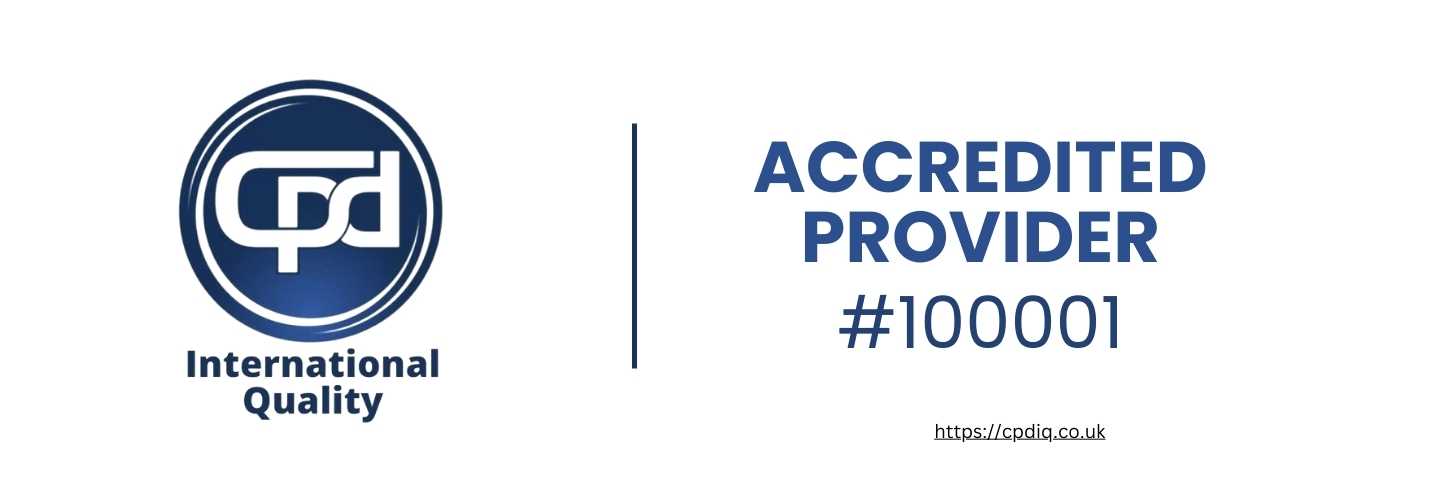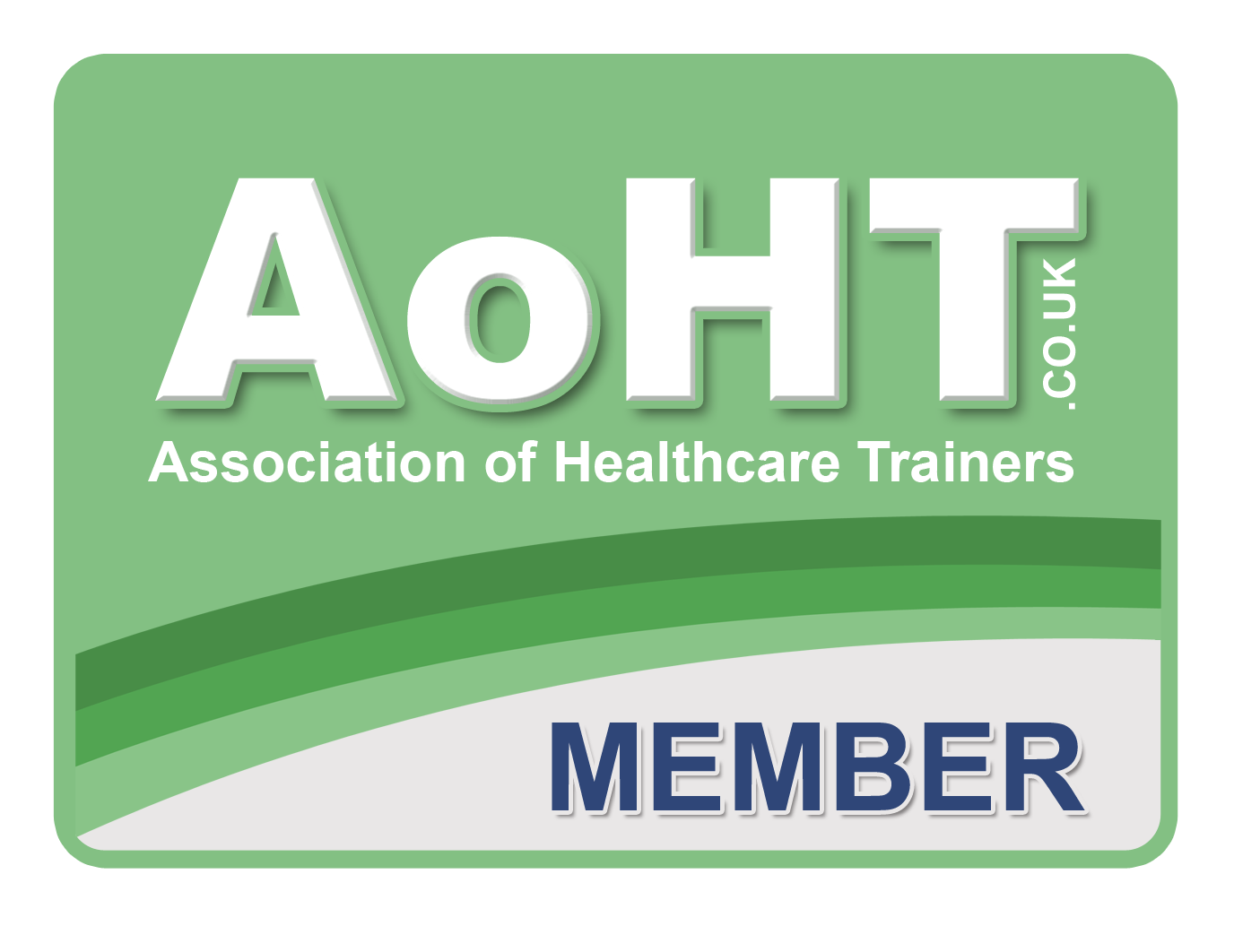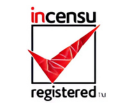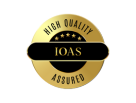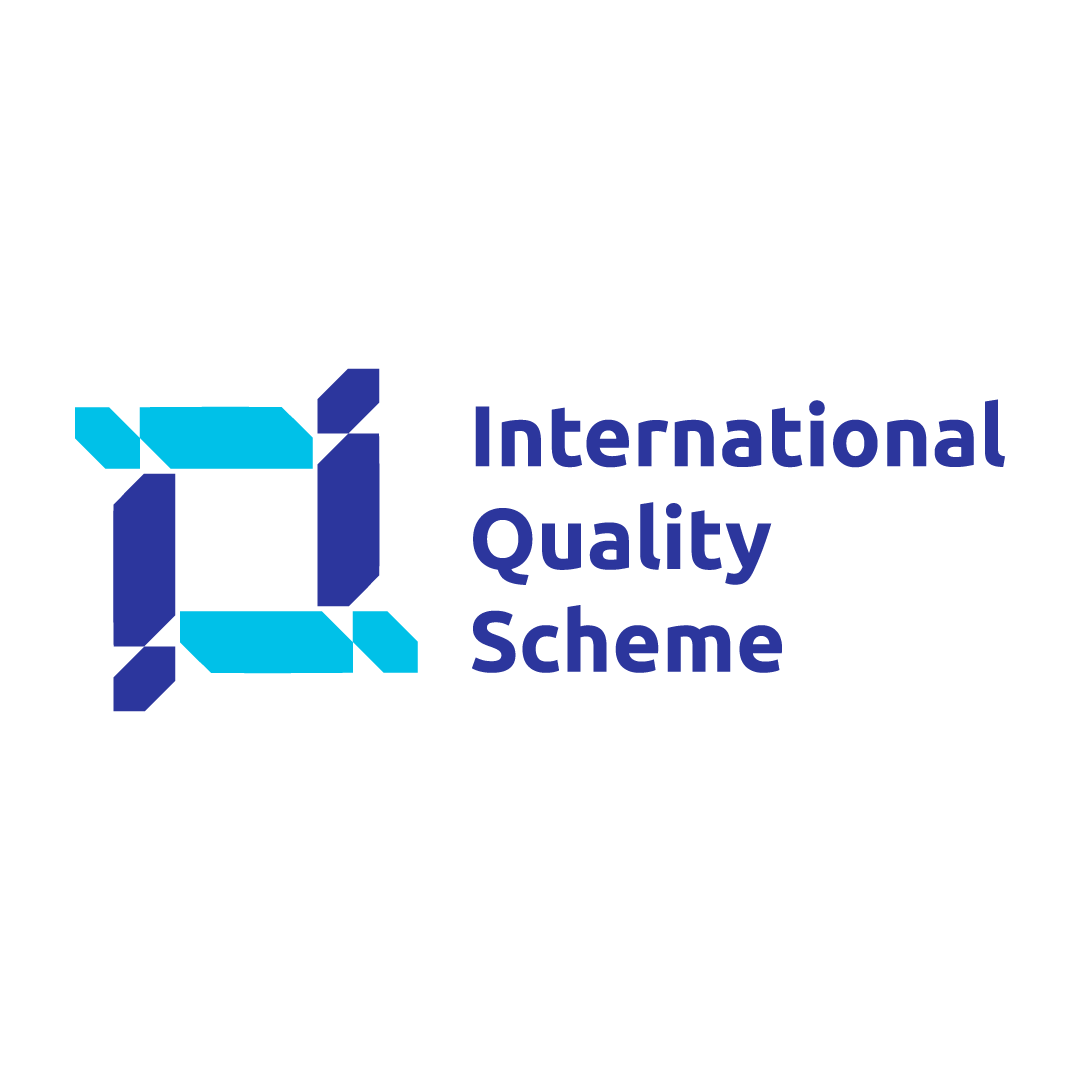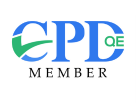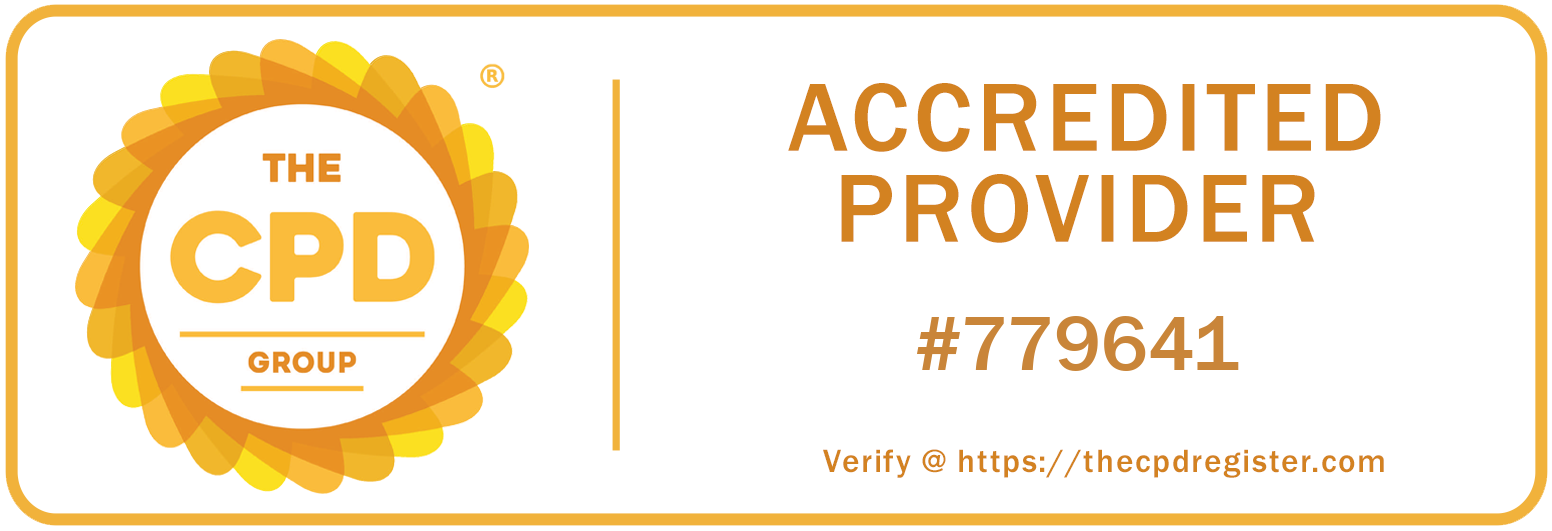
Medical receptionists perform a vital service in healthcare by being the first point of contact for patients and the person who takes care of the administrative and day-to-day running of a clinic. It is important for those who work as medical receptionists to stay abreast of the current key skills in 2024 to provide the best patient care and to keep the administrative requirements running smoothly.
Ready to improve your medical receptionist skills and make a difference in this important job? Let's look at the key medical receptionist skills to master!
Communication Skills
Verbal Communication
The importance of clear and concise verbal communication
Shorter and simpler sentences will clear any possible confusion in the patient’s mind and address important details of how the visit may help them get relief from their problems. The patient will also like the receptionist more, knowing that she is sensitive to her concerns.
Techniques for Effective Patient Interaction
Be gentle, speak slowly and clearly, and provide feedback by asking patients to repeat phrases. It’s important to listen carefully to what patients are saying and then to ask them questions (or suggest solutions, if possible) that address the expressed concerns.
Non-Verbal Communication
The Role of Body Language and Eye Contact
You might use physical gestures, such as eye contact, encouraging body language, or peaceful facial expressions, which speak to empathy and attentiveness since they convey one’s interest in the needs of a particular patient.
Reading and Responding to Patients' Non-Verbal Cues
If a patient seems upset or anxious, you can gain valuable information from their body language. It’s important to repeatedly nod or smile if your body language is not sending the right message, so that the patient feels more connected to you.
Written Communication
Writing Professional Emails and Messages
Formulating professional emails and messages clearly and concisely with no fragments or mistakes in spelling or grammar, with a polite tone, and containing everything that is needed so as not to demand excuses for a follow-up or answer.
Maintaining Accurate and Clear Patient Records
Information in patient records should be complete, correct, and conveyed. Check that any entries you make are accurate, and be prompt in updating records when the patient has changed or been discharged.
Customer Service Skills
Empathy and Compassion
The Importance of Showing Empathy in Healthcare Settings
For one thing, knowing how a patient feels and putting yourself in their shoes can build rapport and establish trust. Patients appreciate this, and the act of empathy alone can do so much to make a visit go smoothly.
Techniques for Demonstrating Compassion to Patients
Use empathic language—repeat back what the patient or client is saying—and active listening, and provide reassurance. It might not feel like a lot, because it’s not. But holding a patient’s hand or saying something like, ‘Oh, I can see what a struggle that would be,’ can make the difference between a person feeling patronised or taking their illness seriously.
Problem-Solving Abilities
Handling Patient Complaints and Concerns
It is important to handle patient complaints and concerns in a timely and satisfactory manner. Take the time to listen to the patient’s concerns, acknowledge how they are feeling, and work towards a solution that is satisfactory to the patient and to the practice.
Strategies for Resolving Issues Efficiently
Work through the logic of the problem, taking a systematic approach. Gather the necessary information, consult with colleagues if needed, and inform the patient about what is being done and how long it will take.
Patience and Understanding
Managing Difficult Patients and Situations
Dealing with a difficult patient or circumstances calls for an even temper and an even keel. Don’t just react, which patients certainly do regularly. Treat sarcasm and criticism with courtesy and patience, and don’t let them ruffle your feathers. Do your best to remain professional, neutral, and in control of the situation.
Maintaining Composure Under Pressure
However stressful a healthcare setting can be, the trick is to try not to be flustered. If things get tense, part of dealing effectively with the situation might simply be taking some deep breaths or ducking out for a few seconds to regain your poise.
Organisational Skills
Time Management
Prioritising Tasks in a Busy Environment
When you work in a medical office, it is a very busy environment. You have to know how to organise the tasks as part of medical receptionist skills. First of all, identify the tasks that are urgent, like patient calls and appointments, and do these before other tasks. Use a task list or a planner to help you remember and stay on track of your deadlines or duties.
Tools and Techniques for Effective Time Management
Use digital calendars, to-do lists, and scheduling apps to organise your time. Time-management techniques such as the Pomodoro Technique can also help you stay on task and focused by chunking work into designated intervals punctuated by short breaks.
Multitasking
Balancing Multiple Responsibilities Simultaneously
A medical receptionist might be busy taking a phone call while also checking a patient in and completing administrative tasks. Practice switching between different tasks quickly while maintaining attention to detail as it is a crucial medical receptionist skills.
Methods for Staying Organised and Focused
Keep on top of it by keeping your workspace clear and using what Robert Graham at Fast Company calls organising infrastructure. "Where possible, work on only one thing at a time and use techniques such as time blocking and allocating times to different responsibilities.
Record Keeping
Importance of Accurate and Up-to-Date Patient Records
Patient records need to be as accurate as possible to ensure the highest quality levels of care, as well as to keep things running smoothly, so make sure all the data is entered correctly and updated regularly to reflect any changes in treatment or personal details.
Best Practices for Managing Electronic Health Records (EHRs)
Learn the systems of EHRs and use the best measures to minimise errors, such as inputting patients’ information, data entry, and confidentiality. Also, continue to back up your records frequently to prevent data loss.
Technical Skills
Proficiency with Office Software
Essential Software Programmes (e.g., Microsoft Office, Google Workspace)
The workers who have this job need a good knowledge of office software, such as Microsoft Office (Word, Excel, Outlook) and Google Workspace (Docs, Sheets, Calendar), for handling documents, bookings, and contacts.
Tips for Improving Proficiency
Increase fluency by taking online courses, practising regularly, and exploring the advanced features of each programme. Take advantage of templates and shortcuts that can help execute tasks quickly and accurately.
Knowledge of Medical Software
Common Medical Software Systems (e.g., EHR, Scheduling Software)
You are expected to be familiar with medical software systems such as Electronic Health Records (EHR) and scheduling software to manage records and appointments and bill patients.
Training Resources for Mastering Medical Software
Use training materials, such as online training tutorials, webinars, and in-house teaching sessions, to learn how to use medical software. Keep yourself up to date with the latest features that medical software provides by regularly upgrading yourself.
Basic IT troubleshooting
Solving Common Technical Issues
Learn basic IT troubleshooting to deal with common tech problems such as printers not printing or copying, software apps not working properly, or not being able to access the network. This can help minimise downtime.
When to Seek Help from IT Professionals
Respect the tech. Also, recognise when a breach has gone beyond your understanding and bring in an IT expert. Nobody is supposed to be an expert in everything. This will bring problems to a resolution faster and allow your workplace to keep functioning.
Medical Knowledge
Understanding Medical Terminology
Importance of Medical Terminology in Daily Tasks
Medical terms are used for filling out medical forms, writing down doctor's instructions, and communicating with medical professionals to prevent misunderstandings. Finally, it maintains efficiency in the medical field.
Resources for Learning and Improving Medical Vocabulary
Use medical dictionaries, online courses, and flashcards to study and build up your medical terms. Check out MedlinePlus and Quizlet to increase your medical vocabulary.
Familiarity with Healthcare Procedures
Overview of Common Healthcare Procedures and Protocols
It ranged from being able to recognise common diagnostic and treatment modalities—blood tests, imaging studies, minor surgical procedures—to the nuts and bolts of setting up an appointment, such as finding out which diagnosis codes to use, what insurance singular or plural covers, who needed to sign what for which procedure and why, as well as who to contact when diagnoses or treatments went unexpectedly awry.
Role of the Receptionist in Supporting These Procedures
You're a support worker who, as a medical receptionist, prepares paperwork, instructs the patients, and works as an intermediary between the patients and the healthcare providers to ensure the smoothness of the whole process as part of medical receptionist skills.
Confidentiality and Privacy Laws
Understanding HIPAA and Other Relevant Laws
Once you grasp the foundations of HIPAA and other privacy laws, including the General Data Protection Regulation (GDPR) in the EU, you will see how current regulations should protect a patient’s information by establishing high standards for privacy and security of health data.
Best Practices for Maintaining Patient Confidentiality
Maintain patient confidentiality: provide secure communications, privately store patient information, and observe the circulation of information to only authorised employees. Periodic training of employees in privacy practices can facilitate this.
Interpersonal Skills
Team Collaboration
Working Effectively with Healthcare Professionals
Well-functioning partnerships with healthcare professionals require excellent communication, mutual respect, and understanding of each other’s roles so that patient care is coordinated and effective.
Strategies for Fostering a Collaborative Work Environment
Promote communication, team meetings, and joint problem-solving. High-quality relationships with colleagues facilitate more effective work.
Conflict Resolution
Techniques for Managing Workplace Conflicts
Deal with conflicts early by helping people in conflict find mutually acceptable solutions, listening to and respecting all parties, keeping your cool, being professional, and dealing with the problem at hand.
The Importance of Maintaining a Positive Work Atmosphere
When workers feel appreciated at their jobs, it makes for a great atmosphere, lifting morale, reducing stress, and enhancing productivity. Reward positive behaviour and acknowledge achievements regularly, so people feel inspired and included. Promote the enjoyment of work outside of work hours and encourage employees to have a life away from the job. Ensure a safe and discrimination-free environment for all.
Adaptability and Flexibility
Adapting to Changing Schedules and Patient Needs
Working in healthcare means that sometimes you won't have time to complete certain tasks or important pieces of paperwork before the end of the working day. This requires you to be flexible and adaptable so that unexpected changes in schedules and the help needed from you do not cause undue stress.
Staying Flexible in a Dynamic Healthcare Environment
Stay open to new ways of doing things, whether in terms of methods, technologies, or procedures. Learn new things, read about innovations, be curious, and keep your mind open. Be proactive in finding solutions. Don’t just sit around and wait to be offered a solution.
Professional Development
Continuing Education
The Importance of Ongoing Learning and Development
Continued learning and development are important for any job involving customer relations because they demonstrate the valuable qualities of any professional. You equip yourself continuously with the most current knowledge and medical receptionist skills that can help you adapt to your market’s needs and increase the value of your company.
Resources for Professional Development (e.g., Workshops, Online Courses)
There are a host of different learning opportunities provided online through various websites, in the form of workshops, courses, and seminars. Ever heard of Coursera, Udemy, or LinkedIn Learning? All these provide different courses to enhance your knowledge. For example, for medical receptionist skills, different courses are available, such as telephone call management, customer service, data confidentiality, the creation of medical reports, etc. Seminars or workshops in the medical industry and medical receptionist skills could also be taken; attending different conferences or attending a workshop conducted in the local area is also very promising.
Networking
Building Connections Within the Healthcare Industry
Networking is a valuable tool for bringing in information about potential clients, as well as valuable mentors and colleagues who can provide first-hand insights into the field of healthcare that you aren’t exposed to otherwise. Attend conferences, join professional societies, and engage with other students and professionals.
Benefits of Professional Networks and Associations
Being a member of a professional association, such as the American Association of Medical Assistants (AAMA) or the National Healthcareer Association (NHA), gives you access to resources, continuing education, and networking that can open doors for your career, such as employment, education, and mentorship.
Career Advancement Opportunities
Potential Career Paths for Medical Receptionists
From the position of medical receptionist, you might move on to become the office manager, medical assistant, or billing and coding specialist. Each of these careers presents new avenues for development and opportunities in the healthcare field.
Steps to Take for Career Growth and Advancement
Advance professionally by obtaining further certifications, pursuing advanced degrees and educational courses, and taking on job opportunities to gain more breadth and depth in healthcare administration. Lead, take on new responsibilities, and seek feedback to improve your leadership in medical receptionist skills and performance.
Conclusion
Acquiring these key medical receptionist skills is the most essential virtue for medical receptionists in 2024. You have great potential, which can be unlocked if you attend some courses in this specialty and improve your medical receptionist skills. It is the individual responsibility of every medical receptionist to grow professionally. The explanation is that if you are well trained, you will be more than capable, and in turn, you will be paid more than capable these days. Therefore, take an interest in acquiring these medical receptionist skills.



